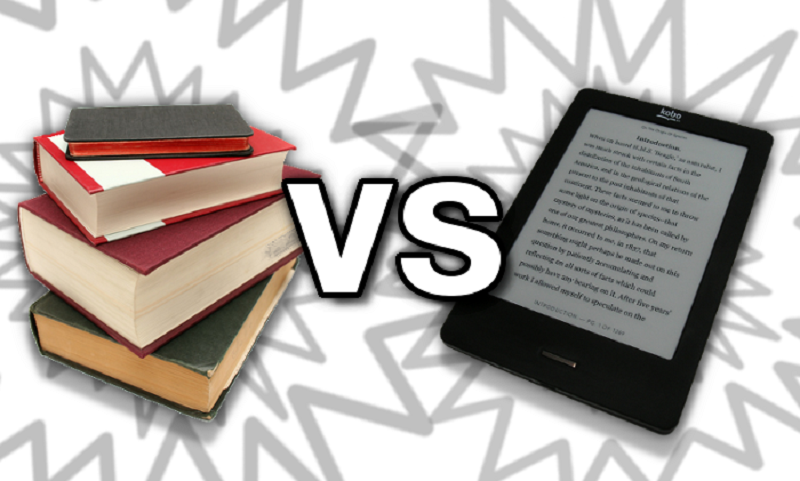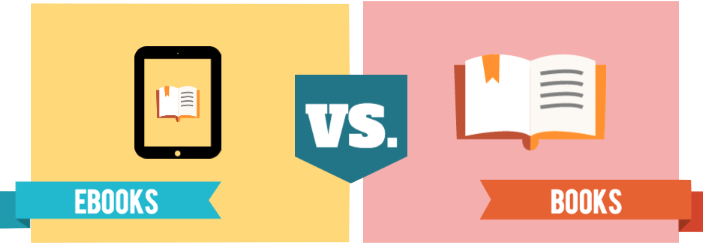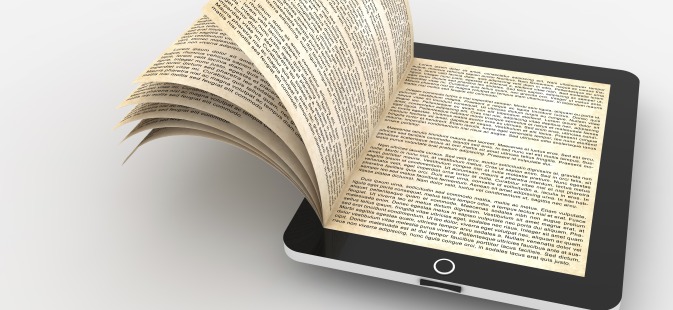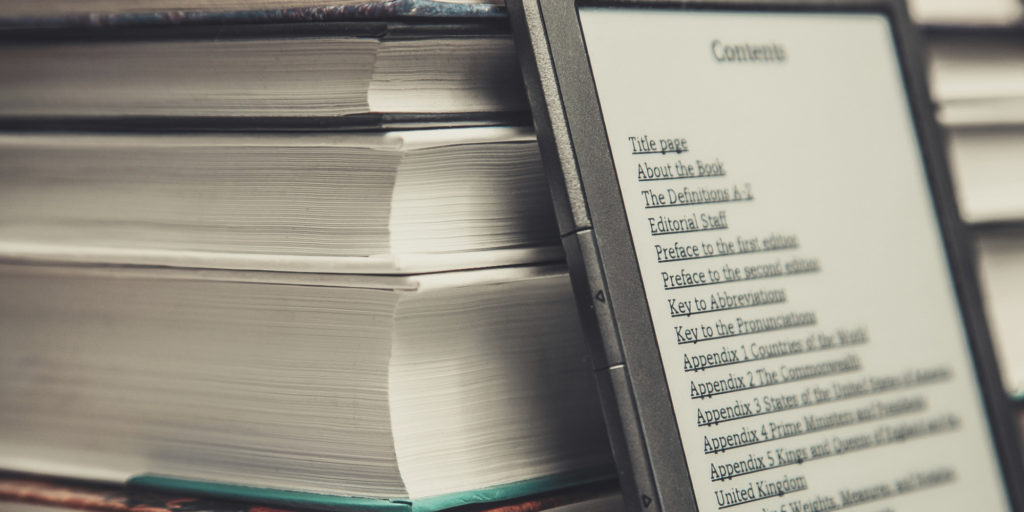
The battle Books vs ebooks has been going on for some time and we hear the complaints of the victims every day. There is always a library that is in difficulty, there is always a library forced to the close: the fault is, in most cases, of the digital opponent. The fault is always the eBook.
On the other hand, the paper book has already faced enemies who wanted or could question its domination. The television did not make it. The radio was not capable and the internet … Well, the Internet acted as a sounding board for new support.
Books vs ebooks comparison
The support that is now putting the paper book in difficulty. An eBook is just a different form of fruition, but it revolutionizes the economic model of the book. There is no press, there is no physical distribution, there are no additional costs.
The digital allows the infinite reproduction of a good that remains intangible, but that plays the work of the paper very well. Or at least this is the opinion of many, of those who do not take a step without their Kindle. And who engage in endless discussions with those who instead celebrate the classic format.
Why choose a book (paper)?
There is a school of thought that approaches fetishism, and that puts books like an Indian totem. The book is sacred, it is a reference element in every living room. For some, the book is even a symbol of power and knowledge: a symbol to be displayed to define one’s status (not only cultural).
Try entering an architect’s office. What do you find on the table surrounded by Le Corbusier armchairs? Three or four volumes leaning with distraction (actually a carefully studied position) on the crystal dedicated to the Bauhaus, Jazz and some Nippobrasian photographers of the Eighties.
Can you get the same effect with an eBook?
And you can’t talk about the advantages of the paper book without considering the emotional factor. I do not want to lend a hand to the paper perfume party, but the truth is this: the book is a fetish, a precious object, support to be signed by the author and kept in the library. The book is an object to collect.
The man has always collected. And it has always given its own value to objects: a paper book can have an emotional value. It can be a memory. Does it also apply to an eBook? No. This is the answer that I have to give to those who compare digital reading to paper reading: ask a proofreader where he reads the final version of a text.
On paper. Where he can leave notes, drawings, arrows, corrections, notes … is the first form of interaction between author and reader!
Books vs ebooks: Who will win?
Someone said: “We put everything on one device so we can read from the smartphone, call from the smartphone, listen to music from the smartphone”. Then he discovered that it wasn’t all that comfortable and the support (like the Kindle) with e-ink technology was born.
So the critics of the eBook that supported the difficulty of reading on screen (not the maximum read from a normal monitor) have been silenced: there is no difference, it seems to be on paper. And this is just the first of the points in favor of the eBook, a format that has now imposed the rules of the game.
Now it is the book that must follow because, putting aside romanticism and hipster attitudes, the ebook is worthwhile. It is convenient because it costs less than a paper book and this also applies to publish; it is convenient because it takes up less space. It is convenient because you can put a lot of books on a device.
It is convenient because the large portals are at your disposal: search, buy, download, read. The game is done, you don’t have to go to that hellish pit called Feltrinelli, and you don’t have to wait for the order to browse through your text.
The consumerist dream has come true in its entirety: you see it, you buy it, you pay it, you take it.
And if you have no availability or if you really exaggerated this month there is the wish list. That is a list in which to insert the books you want, and that will accompany you everywhere. Are you going to buy a book from a man in the flesh? A voice will remind you that … “Hey, you’ve got a wish list full as an egg!”.
Conclusions
Of course, it is easy to find a thesis in favor of the eBook, especially for digital natives. But there are no clear conclusions. Those who love the paper book, those who love to touch the cultural product, must spend a little more because there are costs that publishers have to face.
Whoever can renounce this pleasure rubs his hands, buys an eBook reader (by the way, better Kindle or iPad?) And exploits the advantages of an asset that moves in a digital economy.
For some, the solution lies in bundling, in giving away eBooks to encourage the sale of paper books: they are different experiences. The real challenge is for publishers and bookstores: will they adapt to this model? Will they be able to change their nature to survive?





